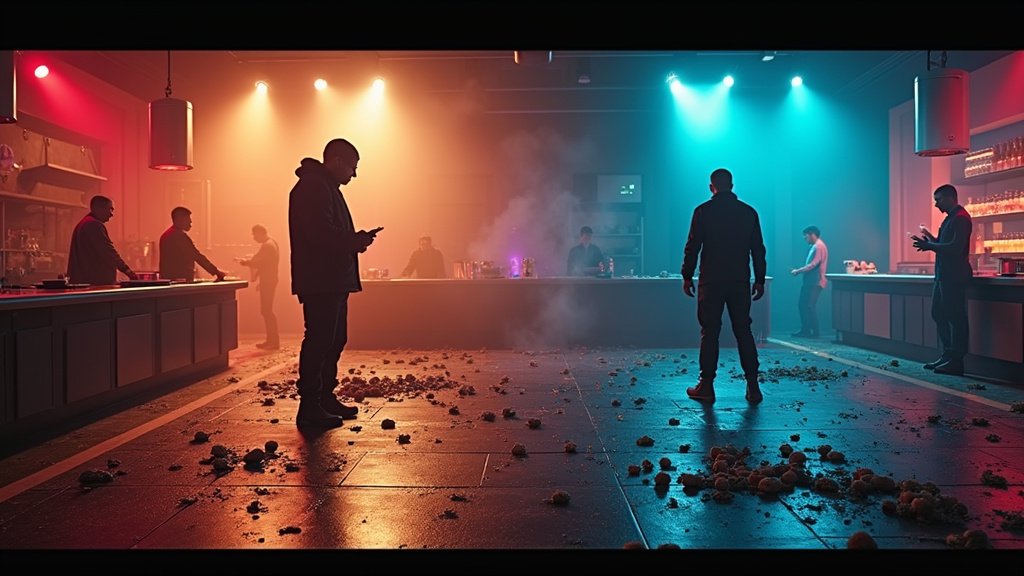Universal Music Group Sets Strict New Rules for AI Music Licensing
London/Los Angeles — Universal Music Group (UMG), the world’s largest music corporation, has announced a significant policy shift regarding the use of its vast catalog of copyrighted sound recordings in the rapidly evolving field of artificial intelligence.
Effective this month, the global music powerhouse will require explicit licensing for the use of its intellectual property in AI-driven music generation and sampling. The move represents a pivotal moment in the intersection of creative content, technology, and intellectual property law, signaling a proactive stance by a major rights holder in response to the proliferation of generative AI tools.
Understanding the New Licensing Requirement
The core of UMG’s new policy is a clear demand for formal permission – explicit licensing – before any party utilizes copyrighted sound recordings from its extensive library as input data or source material for AI models designed to create music. This applies whether the AI is being used to generate entirely new compositions, instrumentals, or vocal tracks, or to sample existing recordings to create derivative works.
Previously, the legal status of using copyrighted material for training AI models or as direct elements in AI-generated output was often subject to interpretation and debate. UMG’s new policy removes this ambiguity, stating unequivocally that commercial or even non-commercial use involving their copyrighted works requires a specific license tailored for AI applications.
Safeguarding Artist Rights and Ensuring Compensation
According to UMG, the primary motivation behind this stringent new policy is to safeguard artist rights and ensure fair compensation in the context of the evolving landscape of generative AI technologies. The company emphasized the importance of protecting the creative work and intellectual property of the artists, songwriters, and producers it represents.
The rise of generative AI has enabled the creation of music in styles that mimic existing artists, or has allowed for the seamless integration of elements derived from existing recordings. UMG’s position is that when their copyrighted works contribute to the training data or the output of these AI systems, the original creators and rights holders deserve to be compensated, just as they would be in traditional licensing scenarios like sampling in human-made music.
The policy is positioned not as an impediment to technological advancement, but rather as a necessary step to establish clear rules and economic frameworks that recognize the value of creative contributions in the age of AI. By requiring explicit licenses, UMG aims to gain control over how its catalog is used by AI developers and users, potentially opening new revenue streams while preventing unauthorized use.
Industry Impact and the Future of AI Music
UMG’s decision is expected to send ripples throughout the music technology sector, particularly among companies developing or utilizing generative AI for music creation. These entities will now need to secure specific agreements with UMG to legally use its copyrighted sound recordings, which could involve negotiating terms and potentially paying licensing fees.
The policy also highlights the broader challenges the music industry faces in adapting to AI. While AI offers powerful new tools for creativity and production, it also raises complex legal, ethical, and economic questions surrounding copyright, ownership, and compensation for creators whose work fuels these technologies.
The move by such a dominant player as Universal Music Group sets a significant precedent. Other major record labels and music publishers may follow suit, potentially leading to a more standardized, albeit more regulated, environment for the use of copyrighted music in AI development and application. This could reshape how AI music is created, distributed, and monetized, emphasizing partnerships and licensing agreements between technology companies and rights holders.
In essence, UMG’s new policy underscores the industry’s determination to assert control over its valuable assets in the face of disruptive technology, striving to ensure that artists and rights holders benefit from, rather than are exploited by, the capabilities of artificial intelligence.




